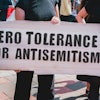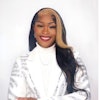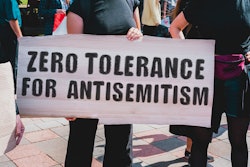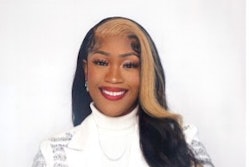Paris Noir
Study abroad program explores historical, cultural, intellectual
connections between African Americans and the “City of Lights”
By Robert J. Vickers


Over the course of American history, Paris has stood out as an intriguing place for African Americans. Josephine Baker renounced American racism along with her citizenship in favor of the more accepting French capital and — while performing as a burlesque entertainer — served as a spy for the French resistance during World War II.
And all through the Harlem Renaissance, countless Black artists and intellectuals temporarily escaped American racism, or permanently relocated there. W.E.B. Du Bois and Langston Hughes both wrote about their experiences in the city. Other authors and poets such as Jessie Fauset and Countee Cullen used the city as a setting for their prose.
Despite these consistent linkages, little academic study has focused on this connection. That changed dramatically two years ago when Dr. Janis A. Mayes, an African American studies professor at Syracuse University, was asked to create a summer study program in Paris to highlight and explore the historical, cultural and intellectual connections between African Americans and the “City of Lights.”














